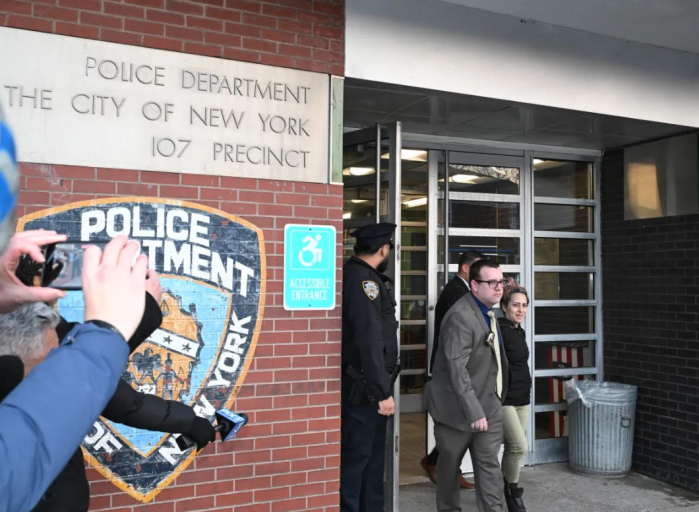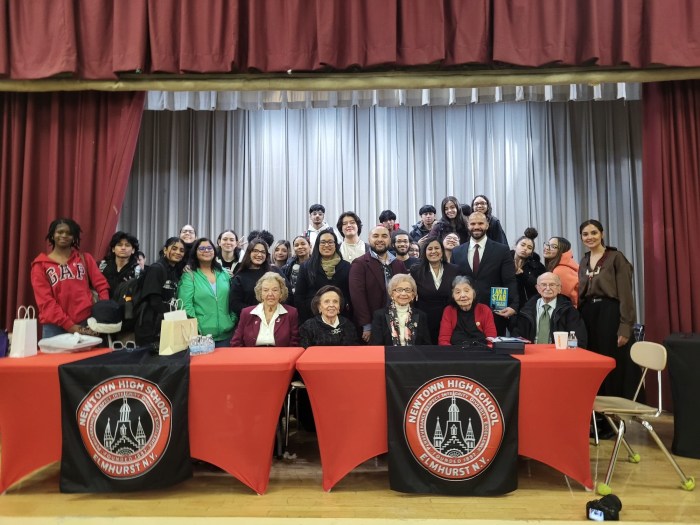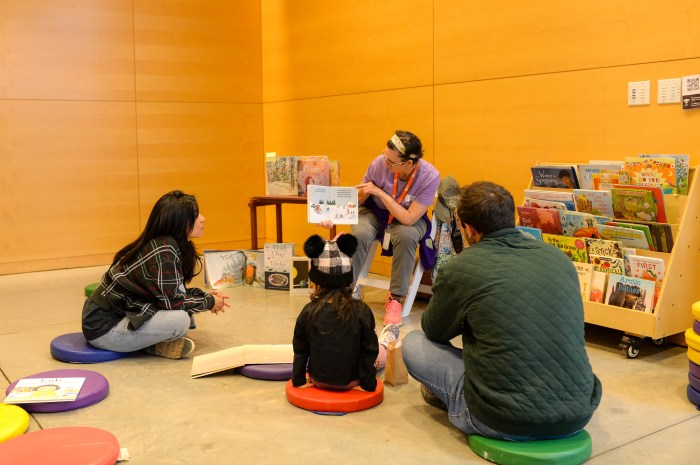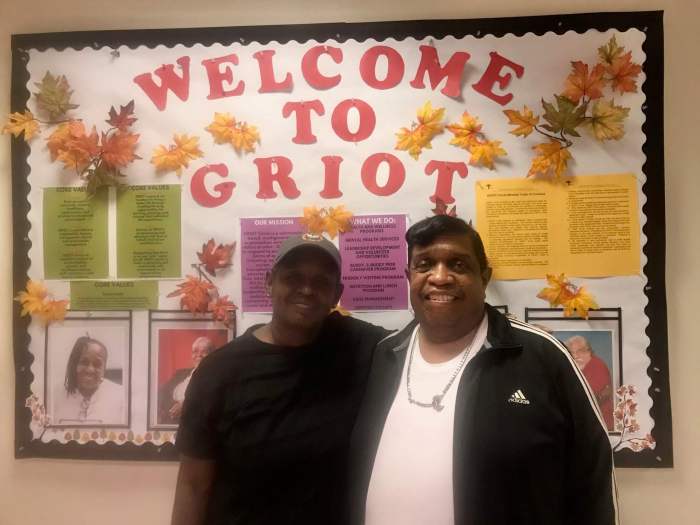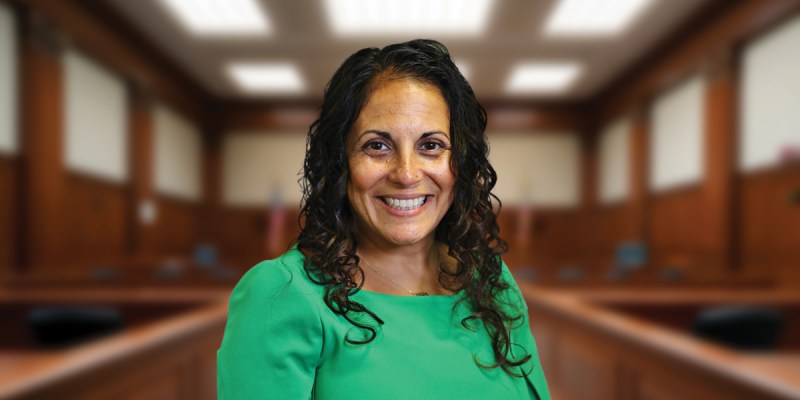By Corey Bearak
Last month I attended several education events. Two ushered high school seniors to further their educations, enter the workplace or both. After all the changes through the end of this school year, the third event gave the school system an incomplete grade.
When I joined School Board 26 in 1989 — one of two members elected outright — two outstanding outgoing board members, Helene Zaro and Marylen Daly, impressed upon me the need to preserve the “District 26 way.” The district’s philosophy engaged parents, used sound curriculum, supported staff and administrators and fostered collaborative relationships. The top-performing city school district covering much of northeast Queens represents an example of how a school system succeeds.
Many District 26 parents and community members feared a decline under the new school organizational paradigm that effectively dismantled community school districts. The districts remain as legal fictions, only noted when test scores get released.
Helene and Marylen would focus the discussion on education to replicating and adapting successful District 26 approaches to other districts and schools. In the Bronx, where I worked as the century turned, politicians embraced the KIPP Academy. They urged educators there to use the Knowledge Is Power Program.
KIPP involves an extended school day program where “students, parents, teachers and staff create and reinforce a culture of achievement and support using formal and informal rewards and consequences for academic performance and behavior,” according to the academy’s Web site.
Resources matter. They help make a difference. I experienced how firsthand with my own children.
The first of two commencements involved my son, Jonathan. My wife and I kvelled as he received a Presidential Award for Excellence signed by “W” and Education Secretary Rod Paige, a city comptroller’s “Special Award” for “Outstanding Academic Achievement” and City Council Citation of Honor from commencement speaker Melinda Katz. Also present were his grandparents and sister, Marisa, who heard him deliver — in contrast to courageous Tiffaney Schley at the High School for Legal Studies in Bushwick — a valedictory address that lauded his Jamaica Estates school.
Jonathan succeeded despite obstacles that face special needs students, in part because the law and the courts mandate schools adequately support these students. Jonathan seized that opportunity, earning a CUNY Honors College University Scholars Program at Queens College scholarship.
At the commencement, I learned that each of Jonathan’s fellow graduates had a future in continuing his or her education or in the workplace aided by a strong pre-vocational program.
A pre-vocational component helps ensure jobs, hope and opportunity for younger folks when higher education is not a realistic option. These programs involve students assigned to work places gaining real-world experience that prepares them for jobs.
The Education Department should replicate this and other facets of Summit School programs across its system. Summit provides a child-centered approach, small class sizes and low student-teacher ratios.
The next day, when I attended the High School for Business and the Arts graduation, I observed students who clearly cherished and respected the teachers and administrators who helped them succeed. The commencement speaker — the reason I spent that afternoon in Queensborough Community College’s Theatre — encouraged students from mostly working-class and immigrant family backgrounds to make the most of their opportunity.
A week before at Temple Shalom in Floral Park, the Queens County Line Democratic Association heard two teachers and a parent advocate on a panel organized by the club vice president, Larry Greenberg, also a career educator. The panelists painted a picture of a work in progress at risk of squandering the good will when the state Legislature gave the mayor effective control of our schools.
Guidance counselor Roz Salzman, District 25’s United Federation of Teachers representative, described how a commitment to adequate school-based counseling got lost when the chancellor and his MBAs imposed a regional approach.
Teacher Dan Feldman, UFT District 26 representative, discussed findings by City Council Speaker Gifford Miller (D-Manhattan) and Investigations Committee Chairman Eric Gioia (D-Sunnyside) that more than seven of 10 teachers eligible for retirement plan to leave within three years.
David Rothstein, trustee of the Learning Disabilities Association of New York State and outgoing Community School Board 25 member, spoke as a parent of children in regular and special education. David sees the chancellor and mayor as doing their best but said they need to create an environment where parents, teachers, school administrators and “system” leaders collaborate.
The regional pyramid-like paradigm aims to inject accountability when resources remain tight. And they will remain tight until the Campaign for Fiscal Equity lawsuit money flows.
New York City needs that money to adapt programs and approaches like the Summit School and KIPP throughout the system. I commend the Summit program to the folks who occupy the infamous Tweed Building.
The CFE money offers the ability to reprogram schools along the Summit and other successful models. The faster the proverbial three men in an Albany room work out CFE funding, the better.
Gov. George Pataki, state Senate Majority Leader Joseph Bruno and Assembly Speaker Sheldon Silver, our city’s schools make a difference in students’ lives each day. The timeliness and adequacy of the funding you ultimately negotiate — or wait for the courts to impose — will determine if our schools make the right difference for a whole lot more students.
Corey Bearak is an attorney and adviser on government, community and public affairs. He is also active in Queens civic and political circles. He can be reached via e-mail at Bearak@aol.com.



